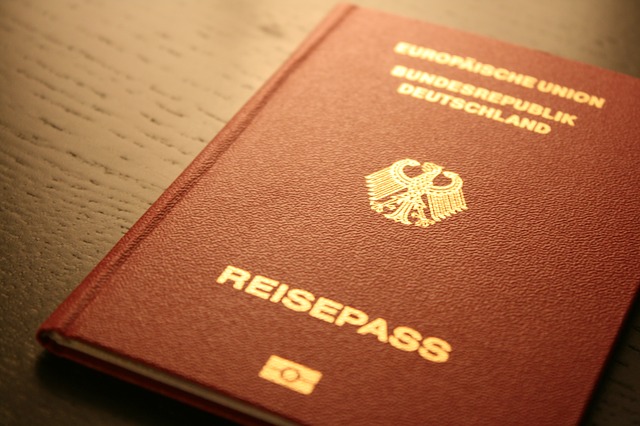Brexit: Record number of Brits become German citizens

A record number of Britons have become German citizens as a direct consequence of last year’s Brexit referendum, says Germany’s federal statistics office (Destatis).
2,865 Britons took the test last year, an increase of 361%. “This is the highest ever level of registered British citizens,” said Destatis. The number is expected to be considerably greater next year, as most Britons applying for citizenship did so only after the referendum and most applications take six months to a year to complete.
It is unusual for EU citizens to apply for German citizenship. On average they only make up 1.6% of applications granted. But UK citizens, making up only 3.9% of overall citizenship granted, alongside Romania (7.8%) and Bulgaria (3.6%), are among exceptions to the rule.
A total of 110,400 foreigners took up German citizenship last year, a 2.9% rise on the previous year. The largest group came from Turkey, although the total of 16,290 was down 17.3% from last year.
Interestingly the number of applications from the US also increased in 2016. 1,086 Americans received German citizenship last year, an increase of 33% on 2015 and twice the number since 2009.
According to Destatis, this was a record high since at least 2000, the earliest year for which he immediately had records. He added that it was not clear why the number of Americans choosing to become German has been increasing so quickly in recent years.
Unlike Britons, who can maintain their dual citizenship indefinitely, as long as they are granted German citizenship while Britain is still a member of the EU, Americans would have to renounce their US citizenship.
Christina Gathmann, in her article Naturalization and citizenship: Who benefits? writes, “The existing evidence suggests that citizenship carries substantial benefits to immigrants in the labor market. The benefits seem to be concentrated among immigrants already in the labor force prior to naturalization.”
She concludes, “Ultimately, the opportunity to become full members of the host society not only benefits the immigrant but also carries fiscal and economic benefits for the host country.”
Find out more about how migration policy and Brexit impact the labor market.